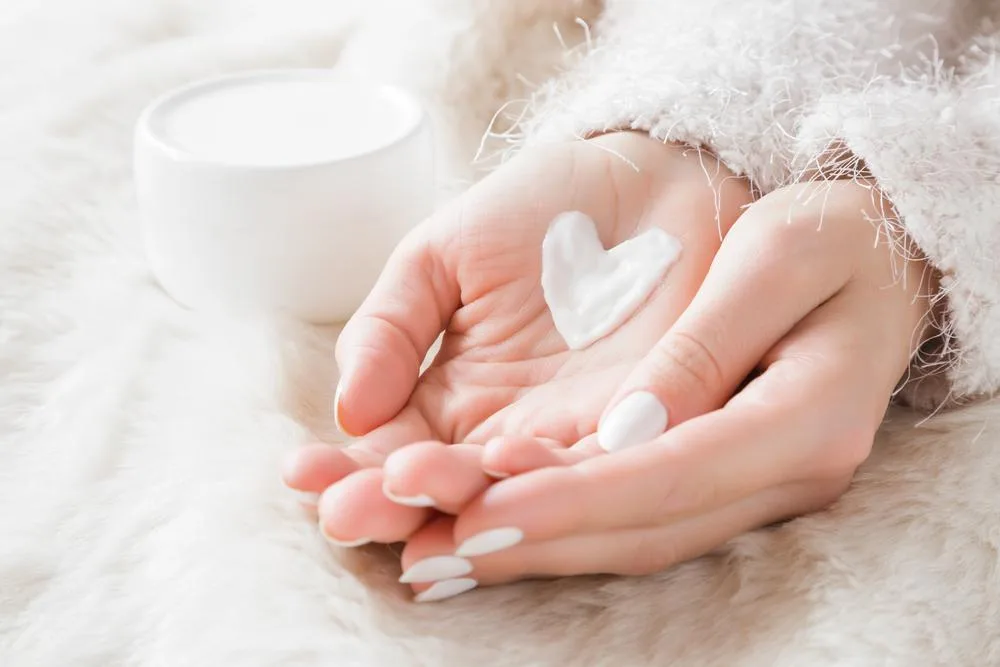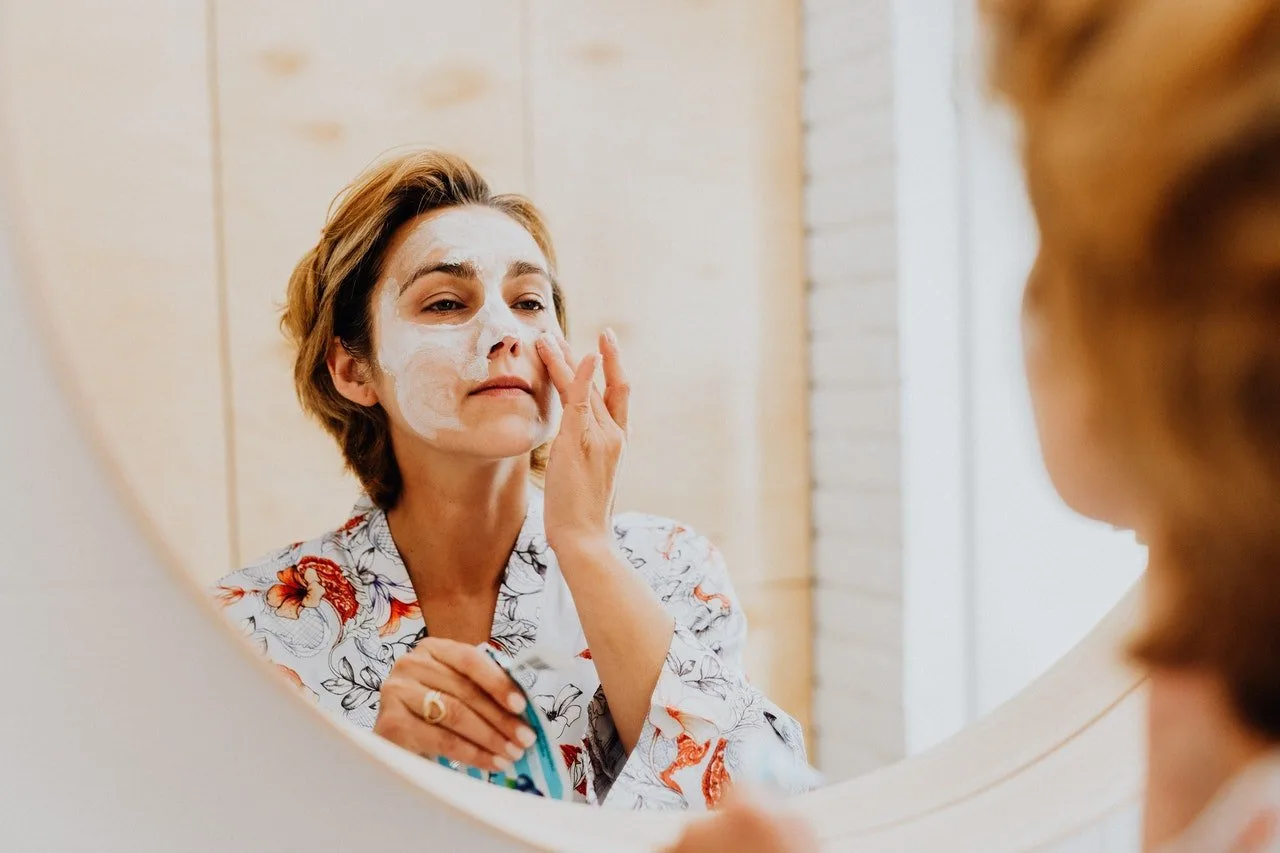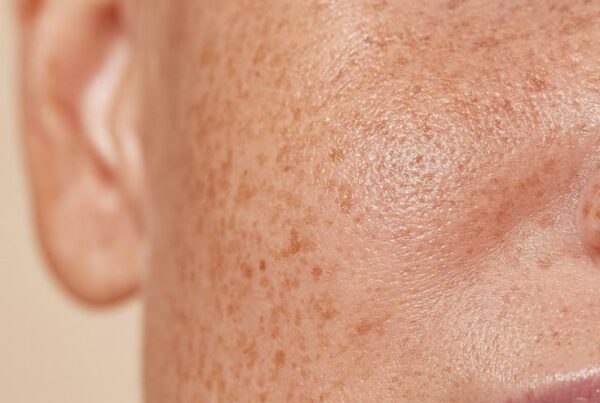The global pandemic has made us hyper-aware of our personal hygiene and health. New daily preventive measures, such as rigorous hand hygiene and the use of masks, have given our skin a lot to adjust to. Repeated hand washing and the use of sanitizers can damage proteins in the upper layer of our skin (epidermis), and cause changes in the lipids that naturally preserve and protect the skin.
It’s no surprise, then, that dermatologists are seeing a resurgence of hand eczema. There has also been an uptick in cases of skin irritation and the worsening of existing primary skin diseases, related to mask-wearing.
To maintain the health of our skin, our living barrier, we should combine our preventive actions with protective and care actions.
The role of skin in our health
Our skin also hosts a delicate balance of complex microbial communities, including bacteria, fungi, and viruses, called the microbiome. As the skin is the interface between the body and the external environment.
The primary role of the skin is to serve as a barrier, protecting our body from potential assaults. These assaults come from micro-organisms, toxic substances, and other external factors such as UVR, pollution, and climate. Think of it this way: your skin is your body’s biological armor. If the barrier is compromised, your skin will be more sensitive to pollutant molecules, UV rays, and infections.

Skin health is even more important as we age since the skin-aging process disrupts the epidermal barrier function.
Our skin also hosts a delicate balance of complex microbial communities, including bacteria, fungi and viruses, called the microbiome. As unpleasant as this may sound, mounting evidence suggests that a diverse microbiome has a positive influence on metabolic processes, contributes to immunity, and helps to prevent pathogens from growing on the skin.
Protecting the body
In fact, the skin microbiome has recently been described as a crucial component of the epidermal barrier. It plays an essential role in protecting the body and modulating overall health, in addition to benefiting skin health.
Studies on hand show frequent washing and the use of sanitizers disturb the skin barrier. This results in skin irritation and changes in the microbiome. Moreover, many of our “daily use products”, such as cosmetics, hygiene products, and moisturizers, contain harsh preservatives and synthetic ingredients that can result in detrimental modification of the microbiome.
Lately, the potential for topical formulations with prebiotics and probiotics to support a healthy skin microbiome has gained increased attention and research.
Maintaining skin health while staying protected
Adequate skin hydration is essential for preserving the skin’s elasticity and resistance properties. So it’s best to moisturize with lipid-replenishing creams. This is a great way to safeguard your skin’s barrier and prevent irritation (from masks, for example).
Ideally, you should moisturize your face morning and evening, and switch to gentle cleansers to offset the impact of mask-wearing. Recent novel formulations for our skin barrier include ingredients such as mineral-enriched thermal water. This has been shown to strengthen the skin’s natural defenses and restore the skin barrier. It’s also been found to enhance immunity, in addition to having prebiotic and probiotic benefits.
In the coming years, in a post-COVID world, we can expect skincare to increase to enhance not only the aesthetic properties of skin but also the functional – as it should.




![women [longevity live]](https://longevitylive.com/wp-content/uploads/2020/01/photo-of-women-walking-down-the-street-1116984-100x100.jpg)










